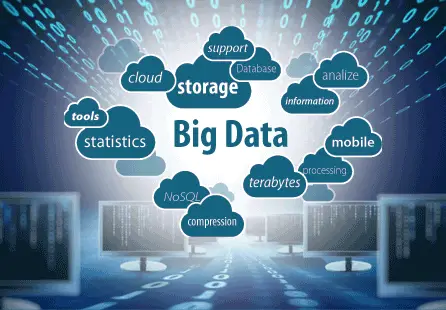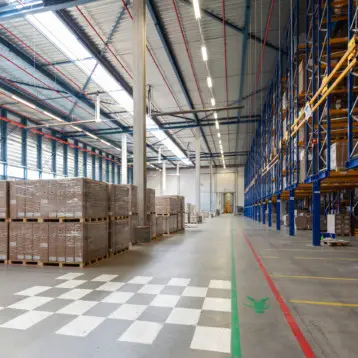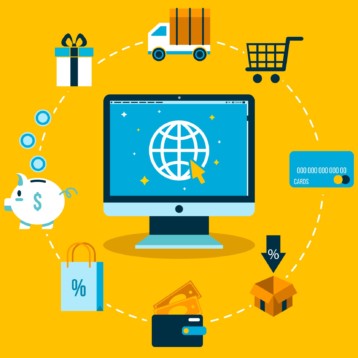Key decision makers in companies across all industries are making plans for their ERP systems and budgets. ERP, or enterprise resource planning software, can help your business integrate procedures from many different departments, save time, reduce costs, and increase efficiency. Here are some ERP trends that you should watch out for in 2019 from ERP Consultants Corning Data.
- Additive Manufacturing
Additive manufacturing, also called 3D printing, is making creating large-scale, complex, high-volume products faster and less expensive. Manufacturing ERP systems will need to keep up with this trend. Business owners may need to upgrade to handle all the additional data involved in 3D printing.
- The Internet of Things
The Internet of Things (IoT) can make manufacturing and many other aspects of business more efficient. You can use smart equipment to automate many actions and cut costs. For example, you can set a smart thermostat to turn down or off automatically when a factory isn’t in use. This saves energy, reduces wear and tear for your HVAC system, and makes costly breakdowns less likely.
Sensors connected to the Internet can collect real-time data about the performance of the equipment on the factory floor, the productivity of your employees, and more. Connecting these IoT devices to your ERP will give you access to convenient summaries and help you make the right decisions. It also all helps all the parts of your business stay on the same page, avoid miscommunication, and save time on analyzing data.
- Mobility and Flexibility
Recently, businesses have been moving many types of software to the cloud, including ERPs. ERP migrations aren’t happening as quickly as customer relationship management (CRM), especially for smaller companies. However, cloud ERPs will become more popular as migration gets easier. This lets people in different locations communicate and get updates in real time. It also gives people the information they need to make profitable choices, expand their businesses, and adapt to changes in regulations, supply, or demand.
- Better Analytics

Image via Flickr by learn_tek
ERPs are improving their analytics abilities to make management decisions quicker. Many newer versions let users run customized reports, access data visualizations or embed analytics tools into existing applications. This increases the amounts of information that leaders have easy access to. ERP will eventually become a comprehensive data tool that informs decisions at all levels, from the factory floor to the executive suite. It will be essential for business owners to invest in ERPs to stay competitive in their industries.
- Industry-Specific Solutions
Many ERP solutions can provide industry-specific features. They let businesses avoid paying for additional software or customizations. They can also provide a variety of different functions tailored to specific industries.
In a Tech Pro Research survey, 70% of respondents said that their companies have a digital strategy in place or are working on one. ERPs are becoming more user-friendly, saving companies money on training and preventing mistakes. They can integrate CRM, accounting, customer service, social media, finance, and more to make managing businesses much simpler. An ERP will let you expand your company instead of spending most of your time looking at spreadsheets.










